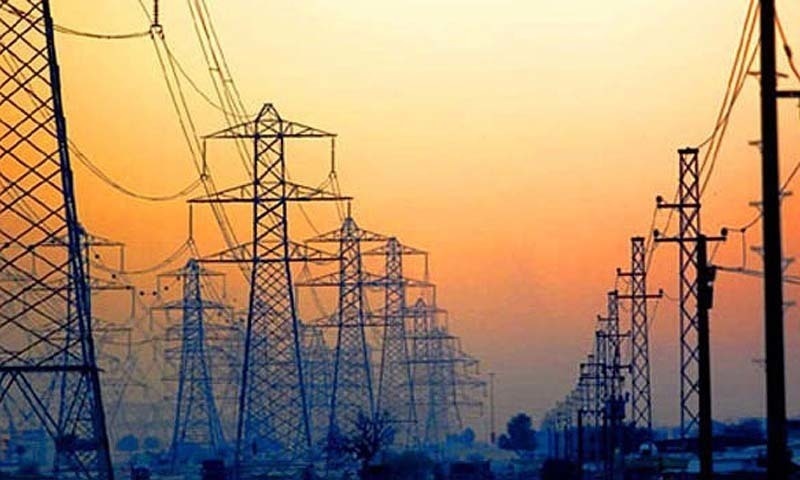Federal Minister for Energy Sardar Awais Ahmed Khan Leghari on Friday announced sweeping reforms in Pakistan’s power sector, including the privatization of key assets, restructuring of electricity procurement, and a long-term strategy to lower electricity prices.
Addressing a press conference in Islamabad, Leghari stated that the government, under Prime Minister Shehbaz Sharif’s leadership, is committed to overhauling the power sector through targeted reforms and cost-cutting measures. He expressed confidence that electricity prices would decline significantly over the next three to four years as these reforms take effect.
He revealed that Pakistan would no longer operate under a single-buyer electricity model, as the government seeks to involve the private sector in power procurement and sales. “The Central Power Purchasing Agency (CPPA) should not remain the sole buyer,” he said, adding that procurement will follow least-cost principles outlined in the Indicative Generation Capacity Expansion Plan (IGCEP), which is being finalised and will soon be submitted to the Prime Minister.
The minister announced plans to privatise several public sector assets. In the first phase, three distribution companies—Islamabad (IESCO), Gujranwala (GEPCO), and Faisalabad (FESCO)—will be privatised, followed by Lahore (LESCO), Multan (MEPCO), and HAZECO in the second phase. Hyderabad, Sukkur, and Peshawar DISCOs will be offered under a concession model, while Quetta and Tribal Electric Supply Companies will be improved under government oversight and later managed through contracts.
Additionally, the Guddu and Nandipur power plants are being prepared for privatization, while inefficient GENCOs are being phased out. A newly established Power Planning and Management Company (PPMC) will serve as the policy and technical arm of the Power Division.
Leghari highlighted that the government has already achieved savings of Rs3,696 billion by terminating contracts with inefficient power plants and renegotiating agreements with Independent Power Producers (IPPs). These savings, he said, will eventually be passed on to consumers through lower tariffs.
Negotiations with 36 IPPs have concluded, with further talks ongoing. “If any party refuses to negotiate, the government has the right to order a forensic audit,” he warned, adding that one such audit is already underway.
The minister acknowledged that Pakistan’s circular debt has surged to Rs2.4 trillion but expressed confidence that it would be eliminated within six years. He also pointed to systemic challenges, including poor transmission planning, non-competitive capacity additions, high fixed costs, and weak institutional coordination.
To support agricultural consumers, the government will convert Balochistan’s tube wells to solar energy under a Rs55 billion project. Service agreements are also being signed with captive industries to ensure uninterrupted power supply.
Leghari reiterated the Prime Minister’s recent announcement of a Rs7.41 per unit electricity tariff reduction for general consumers and Rs7.69 per unit relief for industrial users. He noted that while these reductions would be reflected in the base tariff structure, it was too early to determine whether the base tariff would increase or decrease before June.
The government is also negotiating with international lenders, including the Asian Development Bank (ADB) and World Bank, to finance transmission system upgrades. Leghari said that addressing grid constraints could provide an additional Rs2 per unit relief.
Additionally, talks are underway to convert Chinese CPEC power plants from imported to local coal and restructure their loans to reduce long-term costs.
Concluding, Leghari emphasised that all reforms are designed to build a competitive, transparent, and efficient electricity market that fosters economic growth while reducing consumer burdens.
